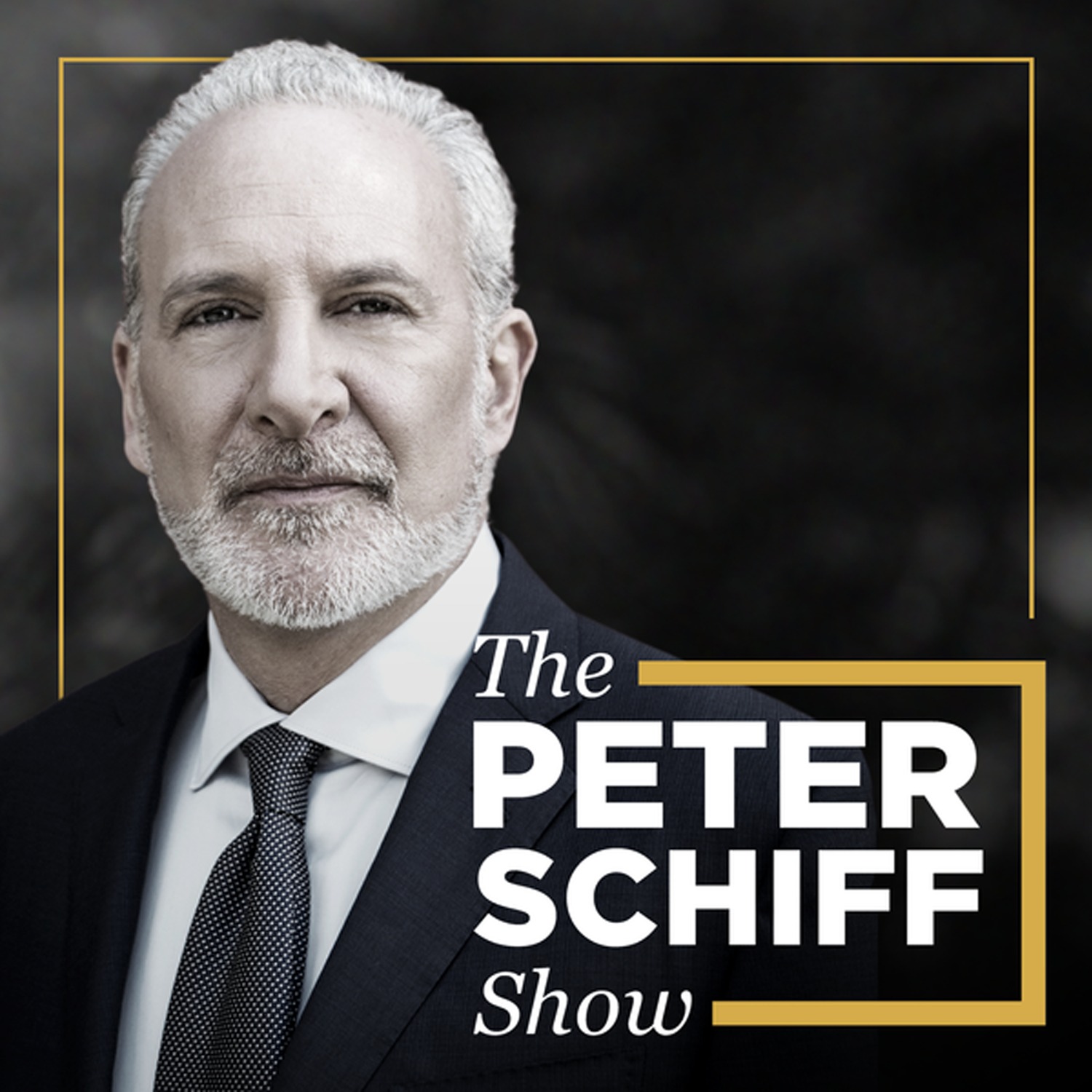
Is the Fed Playing Chicken With the Stock Market? – Ep. 124
The Peter Schiff Show Podcast
* The U.S. stock market finished up its worst week since August, when everybody though a rate hike was just around the corner
* Substantial triple-digit losses across the board
* The Dow Jones closed down 309 points - almost 4%
* Similar percentage decline for the S&P 500
* The NASDAQ dropped 111 points, over 4% decline for the week
* The media is blaming this decline on oil prices, and yes, oil prices are weighing on some stocks
* Some stocks benefit from lower oil prices - case in point: transportation
* Dow Transport was weaker than any other index - down more than the markets on a percentage basis
* The truth is that oil prices and stock prices are going down for the same reason
* The reason is a slower growing global economy, including the U.S. economy, and the fact that the Fed is threatening to slow it down further with an interest rate hike
* Some of biggest losers are not even in the stock market, but in the bond market
* The high-yield bond market is getting obliterated
* A chunk of the high yield market is energy companies
* Two things are hurting them: the fear of rising interest rates and the slowing of the U.S. economy
* We are heading for a recession, if we are not already in one
* This does not bode well for the high-yield bond market, because in a recession these companies will have more trouble servicing their debt
* The Fed's monetary policy of zero percent interest rates forced a lot of Americans into these high-yield bonds - people are hungry for yield
* A lot of risky companies who did not have access to credit, were able to borrow all sorts of money because of this hunger for yield
* This is the same thing that happened in the sub-prime market
* Customers all over the world needed yield, and the mortgage market was where they got it
* There was so much demand for mortgage debt on Wall Street it was easy for non-credit-worthy customers to get a loan
* The same thing is happening in this high-yield market. Carl Icahn was on CNBC on Friday morning, referring to the present situation as a "power keg"
* It is a powder keg that the Federal Reserve created and in theory they will light the match if they raise interest rates next week
* In fact in my last podcast I mentioned that for the first time, the Fed might actually raise rates, and I received quite a few comments asking me if I was ready to admit that I was wrong
* The Fed is trying to change the nature of a rate hike - alter the narrative away from normalization to a one-and-done scenario
* Markets anticipate future events and they price them in, so the beginning of the tightening - "liftoff" I felt markets would look toward the eventual destination and start pricing that in.
* None of the markets can handle that
* So the Fed assured the markets that liftoff didn't matter because the first hike will be small and the trajectory will be very low
* That's why I called it a trial balloon. The Fed wanted to see how the markets would respond to a tiny, symbolic rate hike just to prove we can do it, and then a long period of time, before another one, if there is another one
* Initially it looked as if the markets was buying the idea, but remember I kept saying there is time, and the markets could decline - in fact that is already happening
* Maybe the Fed's trial balloon is not going to go over very well
* We had a "Black Monday" in August prior the potential September rate hike
* We have another Black Monday coming up - the technicals on the market look awful
* We could have a huge decline on Monday, and you'd better believe the stock market is going to be high on the Fed's agenda
* When the Fed called off the rate hike last time and we got a huge bounce in the stock market
Our Sponsors:
* Check out Fast Growing Trees: https://fastgrowingtrees.com/gold
* Check out Kinsta at https://kinsta.com to get your first month free today!
* Check out NPR: https://npr.org
* Check out Vanta and use my code SCHIFF for a great deal: https://www.vanta.com
Privacy & Opt-Out: https://redcircle.com/privacy
Activity